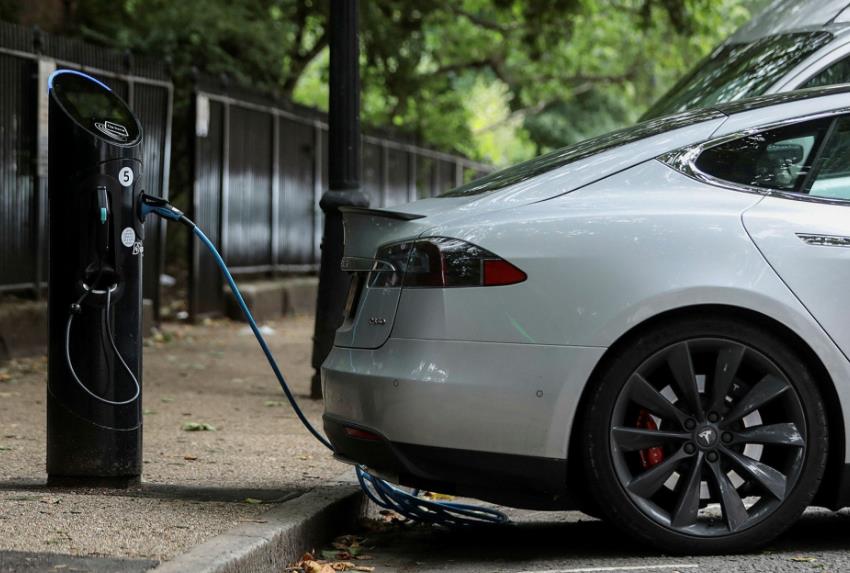Australia is witnessing a surge in both electric vehicle (EV) sales and charging infrastructure, as more drivers switch to the cleaner and cheaper technology. According to a new report, the number of EV charging sites in Australia is projected to double by the end of 2024, following a record-breaking growth in 2023.
The Federal Chamber of Automotive Industries (FCAI) reported that 87,217 EVs were sold in Australia in 2023, accounting for 7.2 per cent of the market. This was a significant increase from 3.1 per cent of sales in 2022. Electric, hybrid and plug-in hybrid vehicles combined made up 16.2 per cent of the market, with 196,868 sales overall.
The Electric Vehicle Council (EVC), the peak body for the EV industry in Australia, welcomed the figures as a sign of growing consumer demand and awareness. Beyhad Jafari, the chief executive of the EVC, said Australians were “very excited to get their hands on” an EV, as they recognised the benefits of lower running costs, reduced emissions and better performance.

Jafari also attributed the rise in EV sales to the increasing availability and affordability of EV models in the Australian market. He said that more than 50 EV models were expected to be available in Australia by the end of 2024, compared to only 28 in 2022. He added that the average price of an EV in Australia had dropped by 25 per cent since 2019, making them more accessible to a wider range of buyers.
EV charging network grows faster than the EV fleet
Another factor that boosted the confidence and convenience of EV drivers was the expansion of the public fast charger network in Australia. A new analysis by consulting firm Next System found that the number of car-charging sites in Australia surged by 90 per cent in 2023, with 397 new sites and 755 new charging points built during the year. The total charging capacity also grew by 93 per cent, with Tesla’s Supercharger network representing almost half of it.
The report also predicted that the number of EV charging sites in Australia would double again in 2024, reaching more than 1,600 by the end of the year. Next System founder Daniel Bleakley said that the EV-charging network was “actually now growing faster than the Australian EV fleet”, which would help overcome the perceived barrier of insufficient charging infrastructure.
The report also revealed that local firm Chargefox had installed the greatest number of electric chargers in Australia, operating more than one in three charging sites, followed by Evie Networks, Tesla, Jolt and NRMA. Traditional petrol retailers such as BP and Ampol also entered the EV charging market, with plans to roll out more stations across the country.
EV policies and incentives vary across states and territories
While the EV industry and consumers celebrated the growth in EV sales and charging infrastructure, they also called for more support and leadership from the federal government. The EVC said that Australia was still lagging behind other countries in terms of EV policies and incentives, and urged the government to adopt a national EV strategy and targets.
Currently, there is no federal policy or incentive for EVs in Australia, and the states and territories have different approaches to encourage or discourage EV uptake. For example, Victoria, South Australia and New South Wales have introduced or proposed road user charges for EVs, which have been criticised as a disincentive and a revenue grab. On the other hand, the ACT, Queensland and Tasmania have offered various incentives for EVs, such as stamp duty exemptions, rebates, free registration and preferential parking.
The EVC said that these inconsistent and contradictory policies created confusion and uncertainty for EV buyers and businesses, and hampered the transition to a cleaner and smarter transport system. It said that the federal government should follow the example of other countries, such as the UK, France, Germany and Norway, that have implemented strong and consistent policies and incentives for EVs, such as subsidies, tax breaks, fuel efficiency standards and emissions targets.
